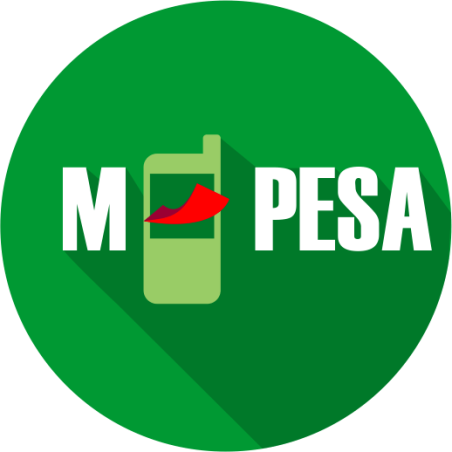Safaricom pilots new payment card linked to M-Pesa

Safaricom is testing a payment card that will be linked to customers' M-pesa accounts as it eyes a slice of transaction commissions from the multi-billion shilling electronic cash industry.
The telecommunications company Monday announced that it is piloting the card among its staff to complement its Lipa na M-pesa service. Its launch is expected "in the coming months."
Plans are also underway to extend the pilot to university students, allowing users to make payments at select merchants.
The M-Pesa debit cards and point of sale (POS) terminals will enable customers to pay for services much faster through the use of Near Field Communication (NFC) tap-and-go technology; a short range, high frequency wireless communication technology that enables the exchange of data between devices over about a 10cm distance.
Safaricom CEO Bob Collymore said the card under pilot meets all current banking security standards and has received necessary approvals from regulators.
"As the M-Pesa ecosystem continues to expand, we continue to test the boundaries of the service to identify how we can continue to extend the gains of the platform to an increasing number of customers and businesses," said Mr Collymore in a statement.
This is the third stab the leading mobile provider is making at the card payments business after launching the My 1963 cashless fare payment card in November 2014 and a prepaid Visa card in partnership with I&M Bank in 2011.
Unlike previous attempts where it enlisted partners, this time the company has decided to walk alone. The telco did not disclose whether there will be any fees chargeable on its NFC based card.
Safaricom customers currently pay varied fees for using the Lipa na M-Pesa service. Those using the platform to buy fuel, for example, pay a 0.5 per cent commission on the value of every payment made.
By March 2016 over Sh20 billion had been made in payments on the Lipa na M-pesa platform, with more than 44,000 merchants accepting the service, an increase of 74 per cent from the previous year.
The launch of the M-pesa linked payment card is likely yet again to put Safaricom in a head-to-head competition with financial institutions and comes on the backdrop of an announcement by commercial banks that they are setting up a mobile money transfer platform that will rival Safaricom's M-pesa.
Mr Collymore on Monday however said with eight out of ten payments in Kenya still cash-based, the opportunity for alternative payment solutions is big.
On July 1st The Kenya Bankers Association (KBA) unveiled Integrated Payments Service Limited (IPSL) -- the company that will facilitate direct transfer of money between banks without going through M-pesa.
Data from the Central Bank of Kenya indicates that the value of transaction through the mobile money payment service grew to Sh2.8 trillion by December 2015 from Sh1.1 trillion five years ago.
The value of transaction through plastic card on the other hand has grown to Sh1.3 trillion from Sh580 billion in the year 2011.
"Shifting consumer trends have seen services like debit cards and Lipa Na M-pesa thrive as consumers embrace more efficient, cashless means of paying for goods and services," Mr Collymore added.
SOURCE:DAILY NATION
 Africas leading resource for digital financial services
Africas leading resource for digital financial services


comments